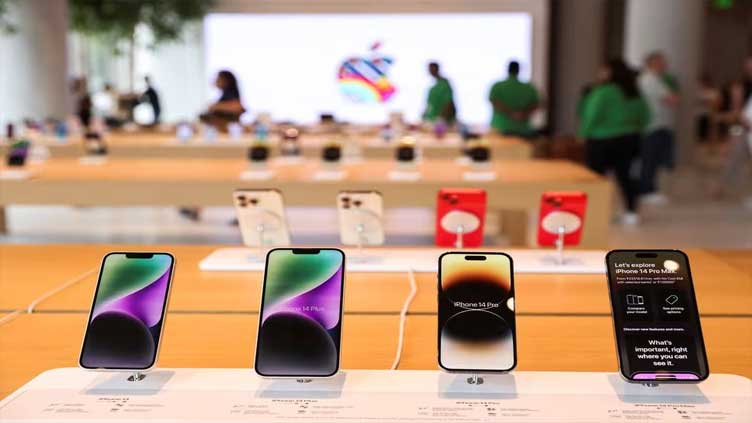Apple (AAPL.O) has told India its local production targets will be hit if New Delhi follows the European Union and requires existing iPhones to have universal charging ports, a government document shows as the US tech giant lobbies for an exemption or delay.
India wants to implement a European Union rule that will require smartphones to have a universal USB-C charging port and has been in talks with manufacturers about introducing the requirement in India by June 2025, six months after the deadline in the EU.
While all manufacturers including Samsung (005930.KS) have agreed to India’s plan, Apple is pushing back.
Apple has for years offered a unique lightning connector port on its iPhones. The EU, however, estimates a single charger solution would save about $271 million for consumers, and India has said the move will reduce e-waste and help users.
In a closed-door Nov. 28 meeting chaired by India’s IT ministry, Apple asked officials to exempt existing iPhone models from the rules, warning it will otherwise struggle to meet production targets set under India’s production-linked incentive (PLI) scheme, according to the meeting minutes seen by Reuters.
PLI is a key project of Prime Minister Narendra Modi and offers electronic manufacturers in India fiscal incentives for fresh investments and incremental phone sales each year. It has been extensively used by Apple suppliers like Foxconn (2317.TW) to expand iPhone manufacturing in the country.
“If the regulation is implemented on earlier models of mobile phones, they (Apple) will not be able to meet the PLI targets,” the minutes quoted Apple’s regulatory and product compliance executives as saying while opposing the rules.
Apple did not quantify the production impact in the meeting, and the IT ministry decided to review its request and reach a decision later, two people familiar with the discussions said.
Apple, whose India lobbying efforts are being reported for the first time, and India’s IT ministry, did not respond to Reuters requests for comment.
DESIGN CAN’T CHANGE
India is seen as Apple’s next growth frontier after China.
Renowned Apple analyst Ming-Chi Kuo has estimated 12-14% of iPhone production in 2023 will be from India, with the number set to rise to as much as 25% next year.
In terms of market share, Apple accounts for 6% of India’s booming smartphone market, compared with just about 2% four years ago. Apple suppliers have expanded their facilities and make most iPhone 12, 13, 14 and 15 models in India for local sales and exports, Counterpoint Research estimates.
Only the iPhone 15 has the new universal charging port. Apple told Indian officials in the meeting that the “design of the earlier products cannot be changed,” the document showed.
Consumers in India’s price-conscious market prefer buying older models of iPhones which typically become cheaper with new launches, and India’s push for the common charger on older models could hit Apple’s targets, said Prabhu Ram, head of the Industry Intelligence Group at CyberMedia Research.
“Apple’s fortunes in India have primarily been tied to older generation iPhones,” he said.
The EU’s charging port rules kick in in December 2024, and India wants compliance by June 2025.
Apple told officials it can comply with that timeline if existing models are exempted from the rules, but will need 18 months beyond 2024 if they are not.
“A natural transition period should be given … keeping in mind the product design timelines,” the minutes quoted Apple executives as telling government officials.
Post Views: 45


 Sports3 months ago
Sports3 months ago
 Sports3 months ago
Sports3 months ago
 Fashion3 months ago
Fashion3 months ago
 World3 months ago
World3 months ago
 World3 months ago
World3 months ago
 Sports2 months ago
Sports2 months ago
 Sports2 months ago
Sports2 months ago
 World3 months ago
World3 months ago



















